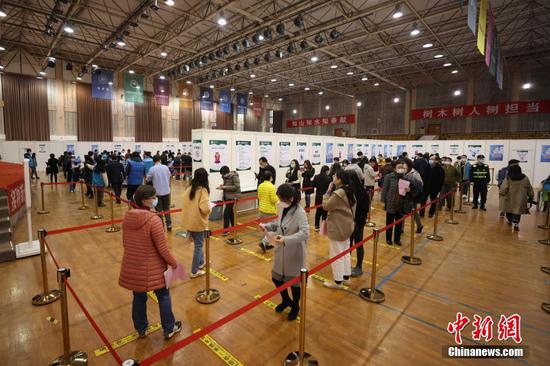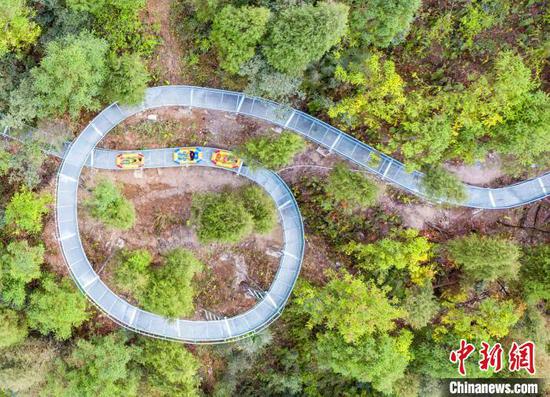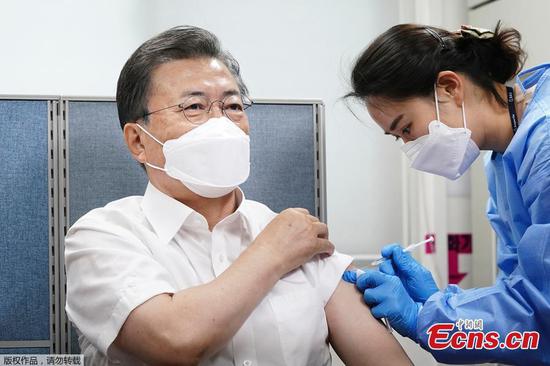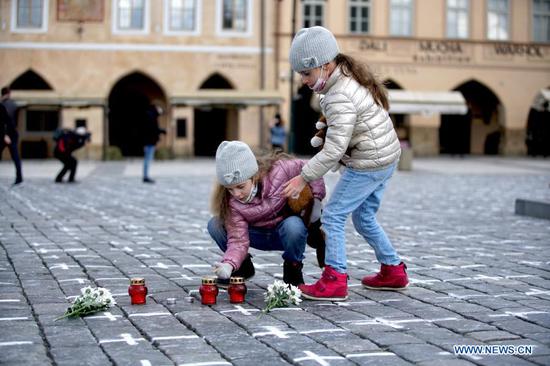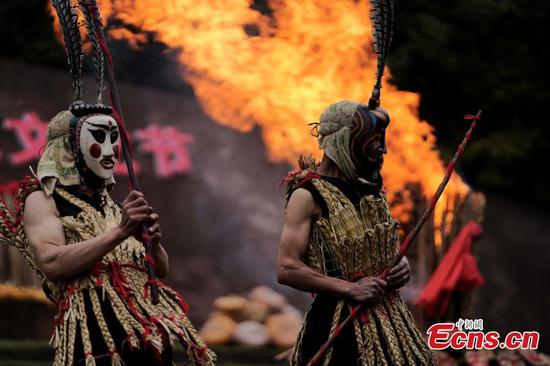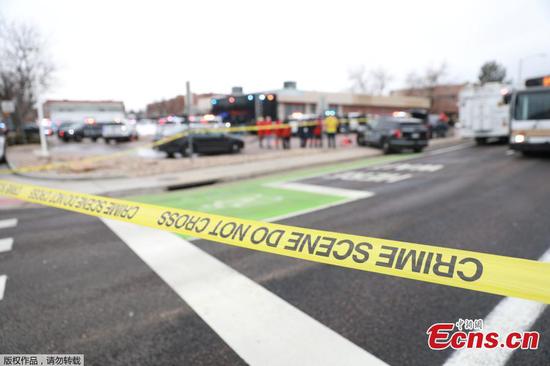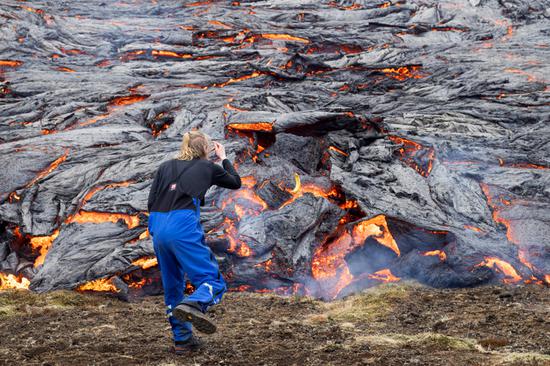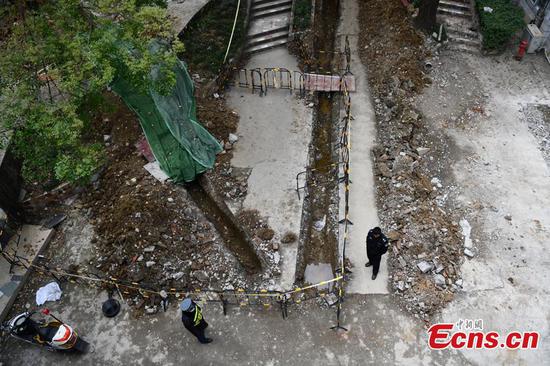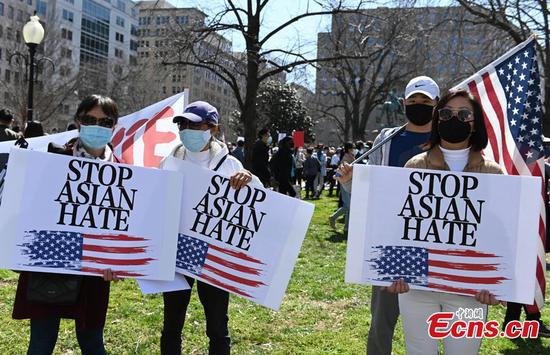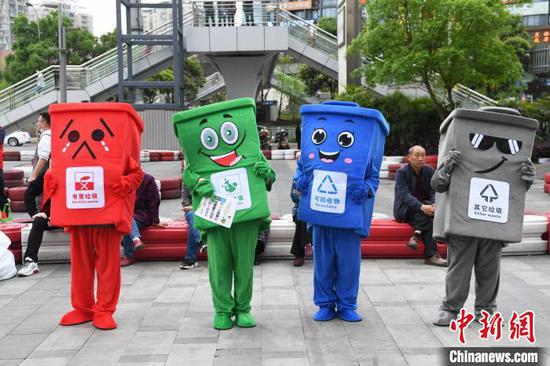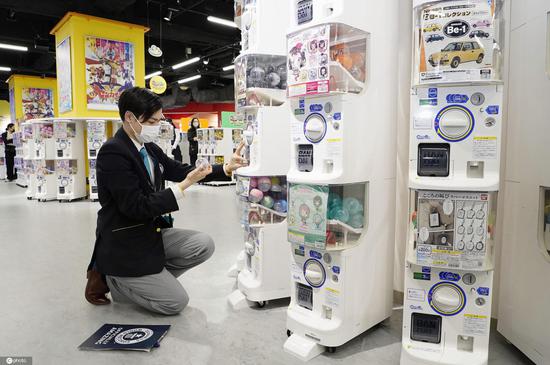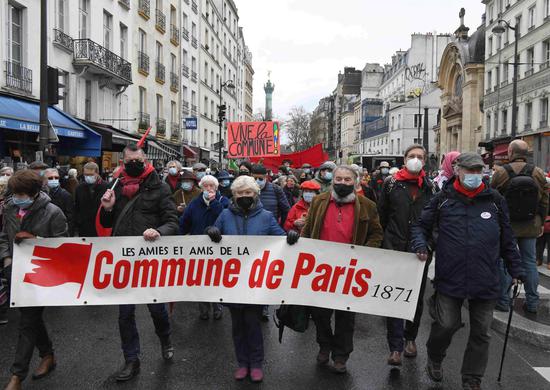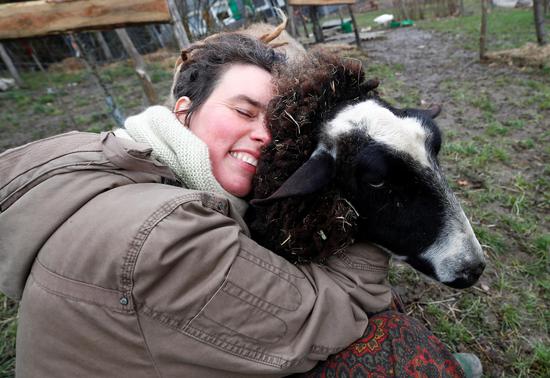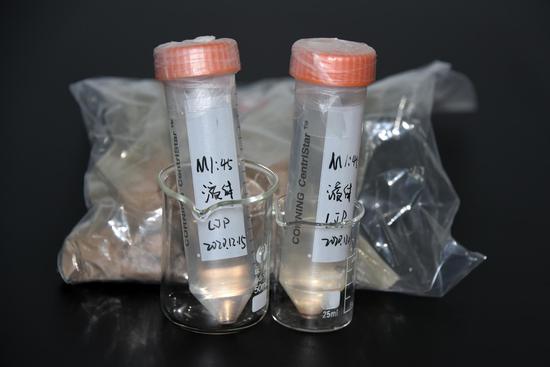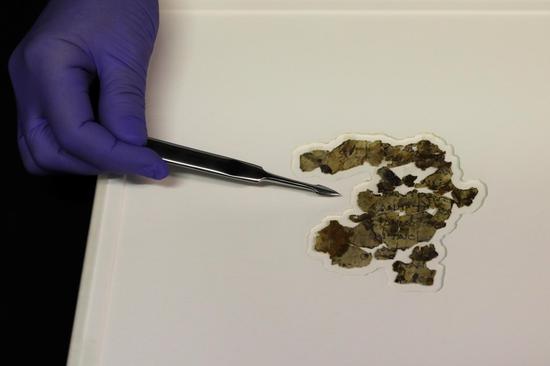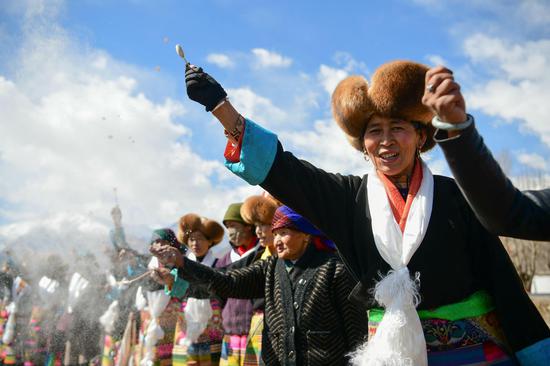Executive directors of the International Monetary Fund (IMF) have had initial discussions on a possible new Special Drawing Right (SDR) allocation of 650 billion U.S. dollars to help boost global recovery from the COVID-19 pandemic, the IMF said on Tuesday.
"By addressing the long-term global need for reserve assets, a new SDR allocation would benefit all our member countries and support the global recovery from the COVID-19 crisis," Managing Director of the IMF Kristalina Georgieva said in a statement after an informal discussion of the IMF's executive directors on the technical case for a SDR general allocation.
"It would also be a powerful signal of the IMF membership's determination to do everything possible to overcome the worst recession since the Great Depression," she said.
Georgieva noted that IMF executive directors conveyed "broad support" among Fund members for IMF staff to formulate a proposal for a new SDR allocation equivalent to 650 billion dollars to provide additional liquidity to the global economic system.
"I intend to present by June a formal proposal to the Executive Board to consider a new allocation of US$650 billion, based on an assessment of IMF member countries' long-term global reserve needs, and consistent with the Articles of Agreement and the IMF's mandate," she said.
If approved, a new allocation of SDR would add a substantial, direct liquidity boost to countries, without adding to debt burdens, said the IMF chief.
"It would also free up badly needed resources for member countries to help fight the pandemic, including to support vaccination programs and other urgent measures. And it would complement the range of tools deployed by the IMF to support our membership in this time of crisis," she added.
SDR allocations are distributed across the IMF membership in proportion to IMF quota shares, according to the IMF.
Created by the IMF in 1969, the SDR is an international reserve asset to supplement members' official reserves. It can be exchanged among governments for freely usable currency in times of need.









